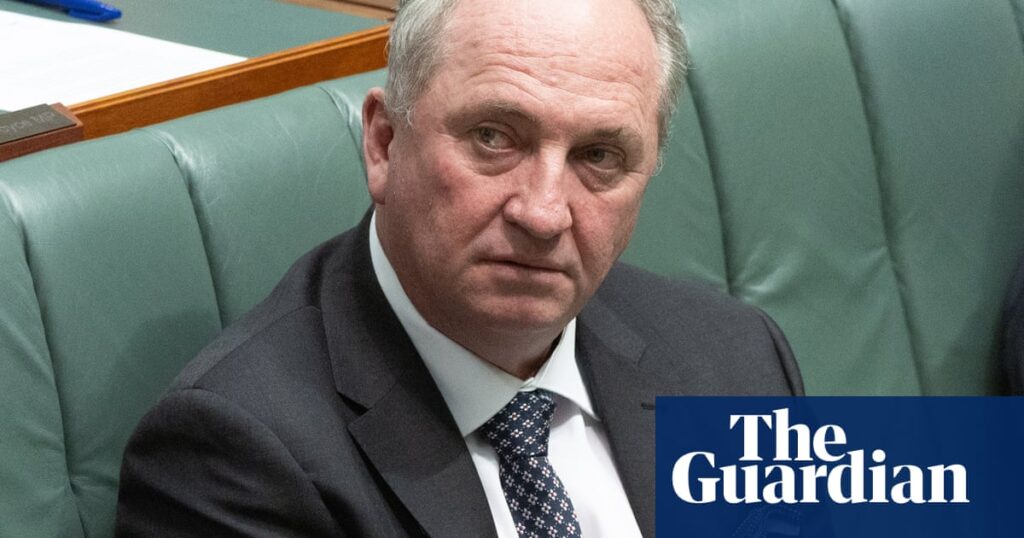
Barnaby Joyce has announced his intention to challenge Australia’s commitment to achieving net zero carbon emissions by 2050, labeling the policy a “lunatic crusade.” The former deputy prime minister and current Nationals backbencher plans to introduce a private member’s bill to parliament later this month, aiming to repeal the net zero target.
Joyce’s declaration, made public via a Facebook post on Friday, underscores the ongoing internal conflict within the Coalition regarding climate change and energy policies. The New England MP, known for his skepticism about climate change impacts, described the net zero policy as “treacherous” to national security, arguing that without genuine global participation, Australia’s efforts are akin to self-destruction.
Coalition’s Climate Policy Tensions
This development follows a history of discord within the Coalition over climate targets. Joyce, along with Queensland colleague Matt Canavan, has been a vocal critic of the net zero goal, advocating for its abandonment. The opposition, which suffered a reduction to 43 seats after the May federal election, is currently reviewing its policies, with climate change expected to be a focal point of internal debates.
Some members, like shadow home affairs minister Andrew Hastie, have recently expressed doubts about the feasibility of the net zero target. Meanwhile, shadow energy minister Dan Tehan has highlighted the financial implications of reaching the 2050 goal as a critical factor in the Coalition’s policy decisions.
“The cost will be one of the most significant factors that will drive our decision,” Tehan stated, criticizing the government for not being transparent about the costs associated with key climate initiatives.
Historical Context and Policy Shifts
The Coalition’s stance on climate policy has evolved over the years. The net zero by 2050 policy was adopted in 2021 after extensive negotiations between Joyce, then deputy prime minister, and former prime minister Scott Morrison, just before the UN climate summit in Glasgow. Morrison, in a June interview with ABC News, defended the decision, citing the importance of maintaining Australia’s attractiveness to international investors.
“I didn’t want us to become an island when it came to investment of capital, which was becoming a pretty serious problem,” Morrison explained.
Despite these commitments, the Coalition has recently retracted plans to incorporate government-owned nuclear power plants into Australia’s energy strategy, indicating a shift in their approach to emissions reduction.
Expert Opinions and Future Implications
Experts and former officials have weighed in on the ongoing debate. Matt Kean, former NSW energy minister and current Climate Change Authority chair, emphasized the need for the Liberal party to base energy policy decisions on scientific and economic principles.
“That is the path forward for the Liberal party. Anything else is a road to ruin,” Kean stated.
The introduction of Joyce’s bill, while unlikely to receive full support from the opposition, highlights the persistent ideological divide within Australian politics over climate policy. As the Coalition continues its internal review, the outcome could shape the party’s future direction and influence Australia’s role in global climate efforts.
As parliament resumes, all eyes will be on whether Joyce’s bill will gain traction and what it signifies for the broader climate policy debate in Australia. The implications of these discussions extend beyond domestic politics, potentially affecting international perceptions and Australia’s environmental commitments.





